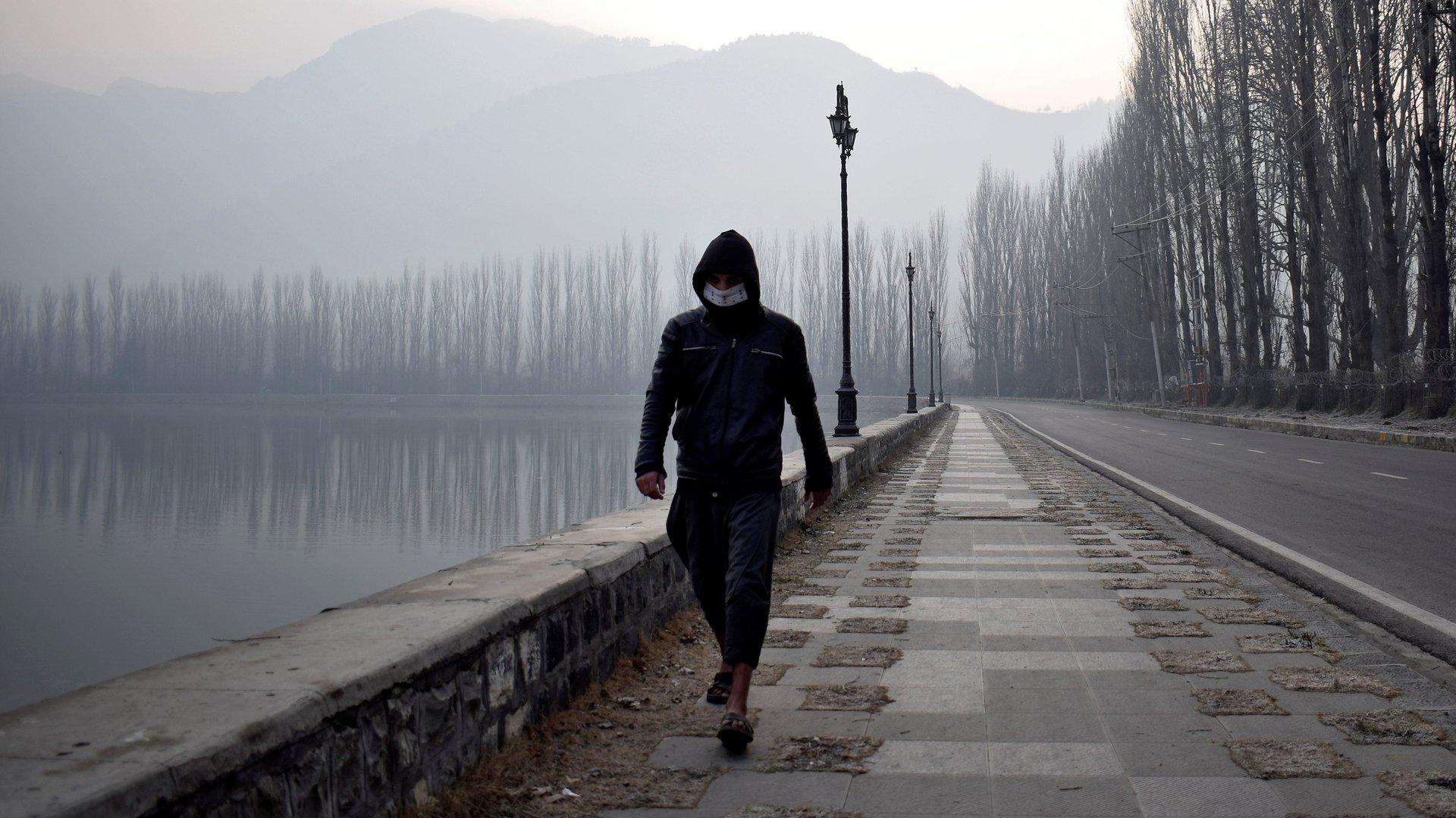India wants to fix its mental health crisis—with no data on mental health practitioners
During a pandemic year, mental health crises have received renewed focus across the world, including in India. And yet, the country has no data on the number of mental healthcare professionals.


During a pandemic year, mental health crises have received renewed focus across the world, including in India. And yet, the country has no data on the number of mental healthcare professionals.
“The data regarding the number of registered mental health professionals in the country including psychiatrists working in government and private sectors is not maintained centrally,” Ashwini Choubey, India’s junior minister for health and family welfare, said in the upper house of parliament on Feb. 2. “The data regarding the number of clinical psychologists in the country is not maintained centrally,” he added while responding to a question (pdf) about the availability of mental health practitioners in India.
The World Health Organization, in 2019, had estimated that 7.5% of Indians were affected by mental health disorders. This number would likely go up significantly because of the pandemic.
Choubey did note that the government was working towards improving these capacities. “With a view to augment the availability of qualified manpower in the field of mental health, the government, under the National Mental Health Programme, is implementing manpower development schemes for establishment of centres of excellence and strengthening/ establishment of post-graduate departments in mental health specialties.”
Such lack of data exists despite the Mental Healthcare Act of 2017 (pdf) setting down provisions for a central authority to “ maintain a national register of clinical psychologists, mental health nurses and psychiatric social workers based on information provided by all state authorities of persons registered to work as mental health professionals for the purpose of this act and publish the list (including online on the internet) of such registered mental health professionals.”
The act also defines such practitioners as psychiatrists, psychiatric social workers, clinical psychologists, but leaves out commonly understood terms such as psychotherapist or counselor.
Who is a mental health professional?
Confusion also arises between ministries, where clinical psychologists are seen as “rehabilitation professionals,” and must necessarily be registered with the Rehabilitation Council of India under the ministry of social justice and empowerment. Unless a clinical psychologist features on RCI’s central registry, they cannot practice in India.
But this is a legality that is both lesser-known and commonly ignored. In a country with a deep mental health crisis, and with only above two mental health beds for every 100,000 population, mental health social workers, therapists, and counselors become a significant bridge in community health.
Healthcare researchers have, for long, advocated for an umbrella administrative body to monitor and undertake mental health initiatives in India. “An independent statutory National Psychology Council can go a long way in standardising training and certifications for all psychology and allied professionals. It also has the potential to improve the current state of deregulation and exploitation, which risks the health and well-being of vulnerable populations,” Shruti Raghuraman, doctoral researcher in clinical psychology at the University of Nottingham, wrote in The Wire.